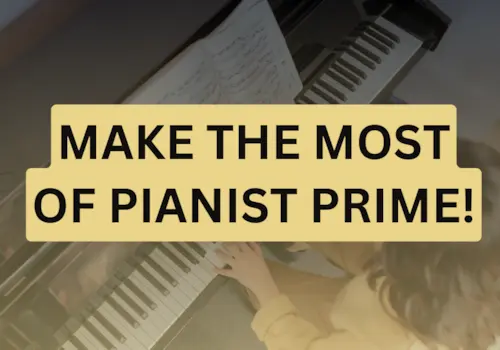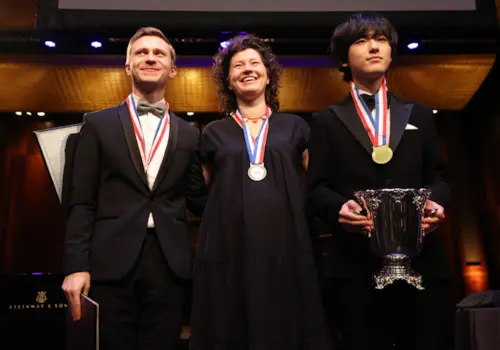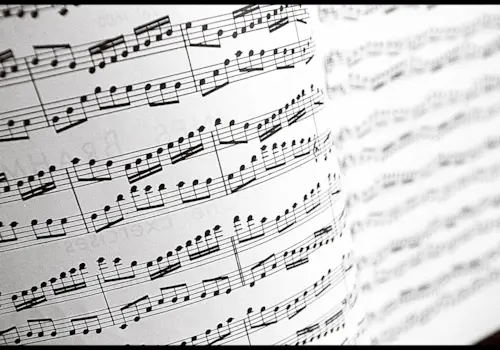01 August 2017
|
Peter Quantrill hears a young French pianist with the world at his feet.
Schubert at his most uncompromising and Liszt at his most thunderous: not every-day fare for a Sunday-afternoon recital. To judge from the unusually full space at the Verbier Festival’s second venue in the Protestant Church, however, the audience knew what they had come for. By and large, they got it, with both barrels.
The A minor Sonata D784 features on Debargue’s forthcoming album, but this was not a reheat-to-ready performance. There was an adamant upward force to the brittle half-themes of the opening movement, buttressed by an implacable left-hand. Even the bell-like, consoling second theme invited only one answer: a repudiation of all the sweet humour that lights up the sunny side of Schubert’s world. If the brief Andante was eccentrically shaped to cast its ghostly left-hand melody in an almost parodic light, the approach fitted with the unrelenting violence of the finale’s infernal dance of death. It was hard work, even for the listeners, and Debargue clearly meant it to be.
On the other hand, Debargue’s vaulting approach to Liszt’s B minor Sonata opened up its structural complexities in a way that more contemplative, probing accounts rarely achieve. Running octaves in the main Allegro section had older hands around me gasping at their audacity. The opening descent held a sense of power quietly held in reserve by one who knows when to unleash it. This Debargue duly did, and the torrential exposition at least fitted the birth-to-death narrative that is one among many ways of understanding the piece: the carelessness of youth unhindered. Others have contemplated the mysteries of the slow movement at greater length, and his insouciant launch of the fugue suggested, for once, that Liszt may not have taken himself entirely seriously. Even the luminously resonant chords of the coda brought Richard Strauss to mind, in Death-and-Transfiguration mood: a young mind contemplating old mysteries.
Watch Lucas Debargue play the slow movement of Liszt's Piano Concerto No 2, from the finals of the 2015 Tchaikovsky Competition:
Photo: © Nicolas Brodard








